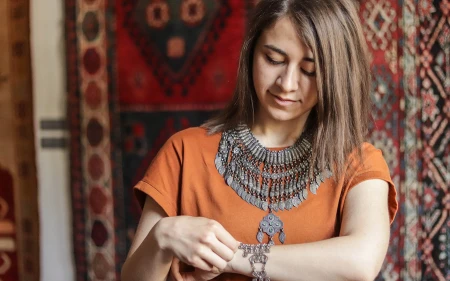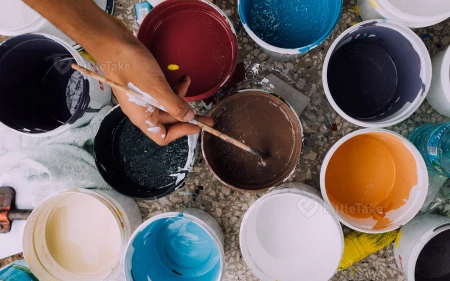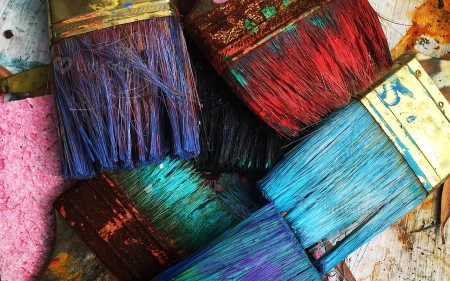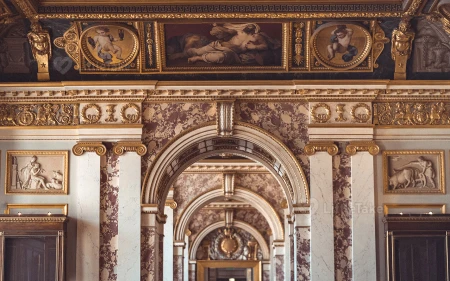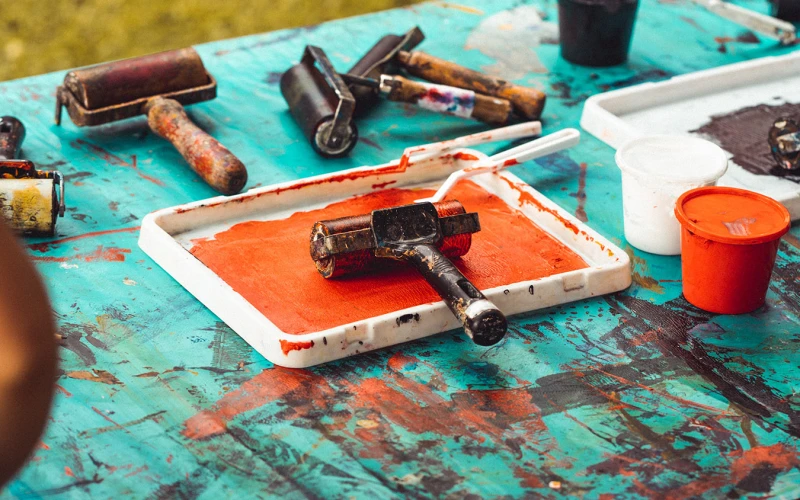
The Intricate Art of Printmaking: Techniques and History
Printmaking is a unique art form that has captivated artists and collectors alike for centuries. Discover its various techniques and rich history.
Relief Printing
Relief printing involves carving a design into a surface (like wood or linoleum) and applying ink to the raised areas to create an image.
Intaglio Printing
In intaglio printing, an image is incised into a metal plate, which is then inked and wiped, leaving ink in the recessed lines to create an impression.
Lithography
Lithography is a planographic process, where an image is drawn on a flat surface with a grease-based material and then transferred onto paper.
Screen Printing
Screen printing uses a mesh screen and stencils to transfer ink onto a surface. It is popular for its versatility and ability to produce bold images.
The History of Printmaking
The art of printmaking originated in China around the 9th century, with woodblock printing. It later spread to Europe, where various techniques were developed.
Famous Printmakers
Throughout history, many artists have embraced printmaking, including Albrecht Dürer, Rembrandt, Katsushika Hokusai, and Andy Warhol.
The Impact of Printmaking
Printmaking has played a crucial role in the democratization of art, making it more accessible and affordable to a wider audience.
Conclusion
The art of printmaking offers endless possibilities for artistic expression, from traditional woodblock prints to contemporary screen-printed designs. Its techniques and history continue to inspire and captivate artists and collectors alike.















